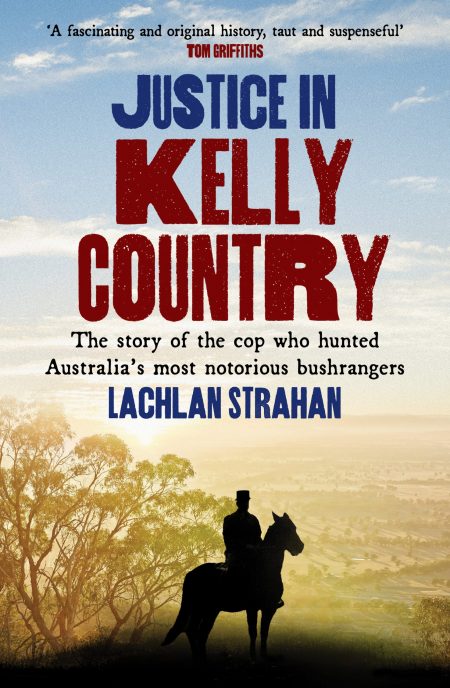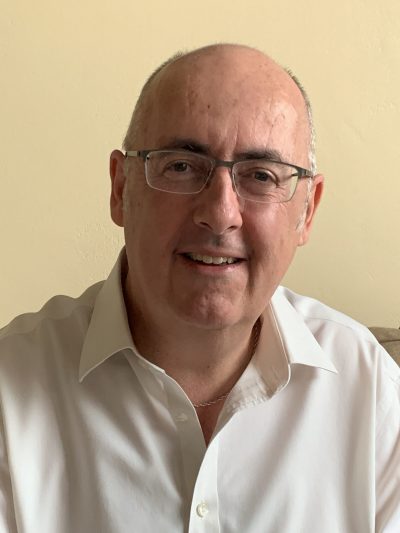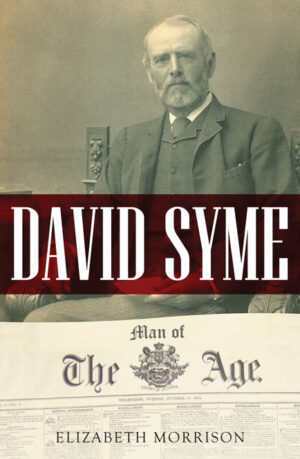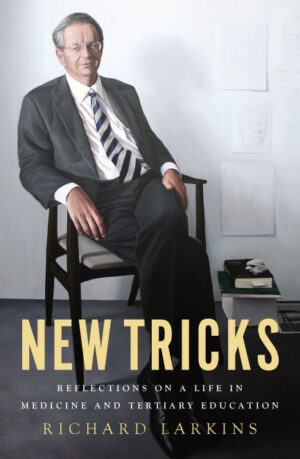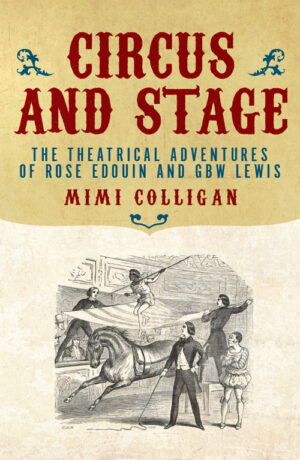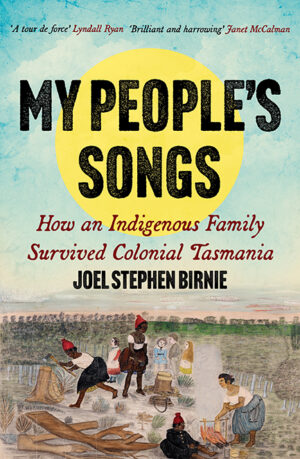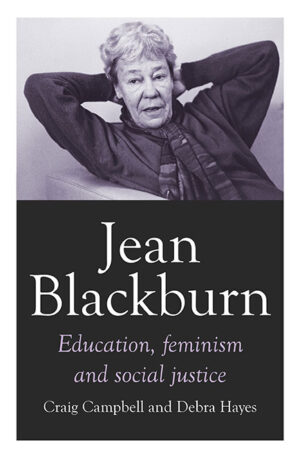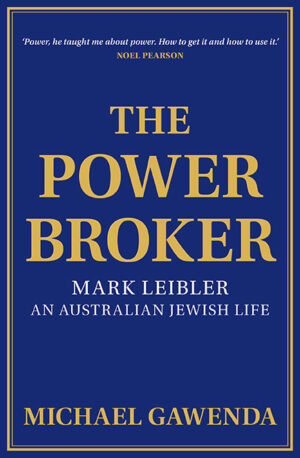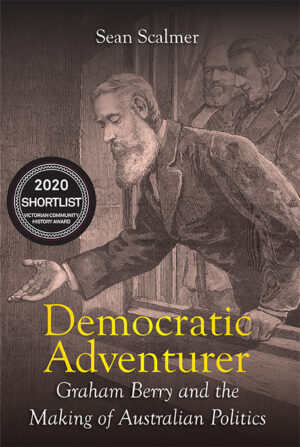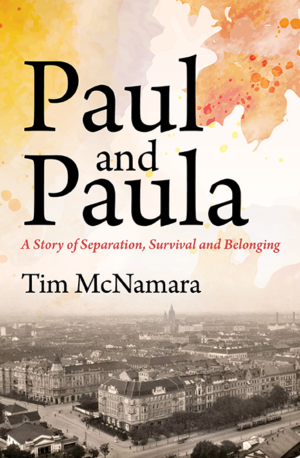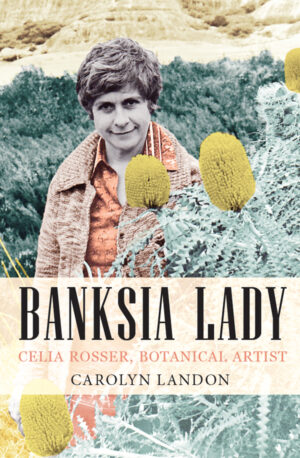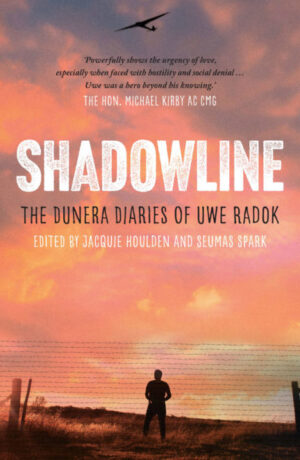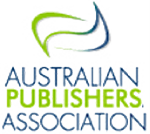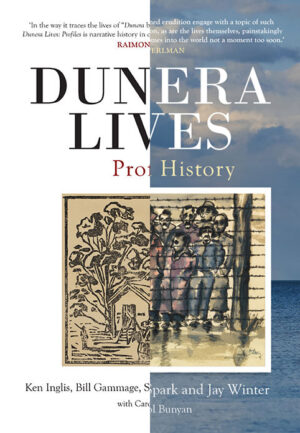‘Strahan brings to life a lost world of rural Victoria in the era of gold-seeking, free selection and bushranging.’
Frank Bongiorno
‘A brilliant and original window into the Kelly Outbreak – of the hunter rather than just the hunted.’
Janet McCalman
‘A fascinating and original history, taut and suspenseful, written with subtlety and flair.’
Tom Griffiths
‘Lachlan Strahan’s book is a must read that is not partisan to either side of the Kelly debate. It is honest and informative history, and we should be thankful for it.’
Doug Morrissey, Victorian Historical Journal
Shortlisted for the Prime Minister’s Literary Awards 2023
Commendation for the Victorian Community History Awards 2024
Partway through the Jerilderie Letter, Ned Kelly accused Senior Constable Anthony Strahan of threatening to shoot him ‘like a dog’. Those few fateful words have ricocheted through Australian history. Many have blamed Anthony Strahan for the turmoil and bloodshed that unfolded during the Kelly Outbreak. For, two days after Anthony reputedly made his threat, Ned and his gang shot dead three policemen at Stringybark Creek. Ned’s reason for opening fire? He thought one of the cops was Anthony.
Lachlan Strahan, Anthony’s great-great-grandson, grew up believing Ned Kelly was a heroic outlaw and Anthony the ruthless cop who pursued him. Yet as he combed through letters, police reports, court transcripts, newspaper articles and family histories, Lachlan pieced together a different story about the life of his ancestor – a fiery Irish immigrant who embodied the thin blue line in the bush for 32 years. Bent on justice, Anthony Strahan apprehended all manner of criminals, from brazen fraudsters and wily horse thieves to murderous husbands and the bushrangers who perpetrated the Wooragee Outrage. Yet his legacy was forever ensnared in the Kelly legend. Did Anthony utter those incendiary words about Ned? Whose version of history do we believe?
This is a tale about justice and retribution, morality and character, and making a life against the odds in a frontier society. It is also a story of inheritance: of the words passed from father to son, and the tales we choose to preserve and retell.

